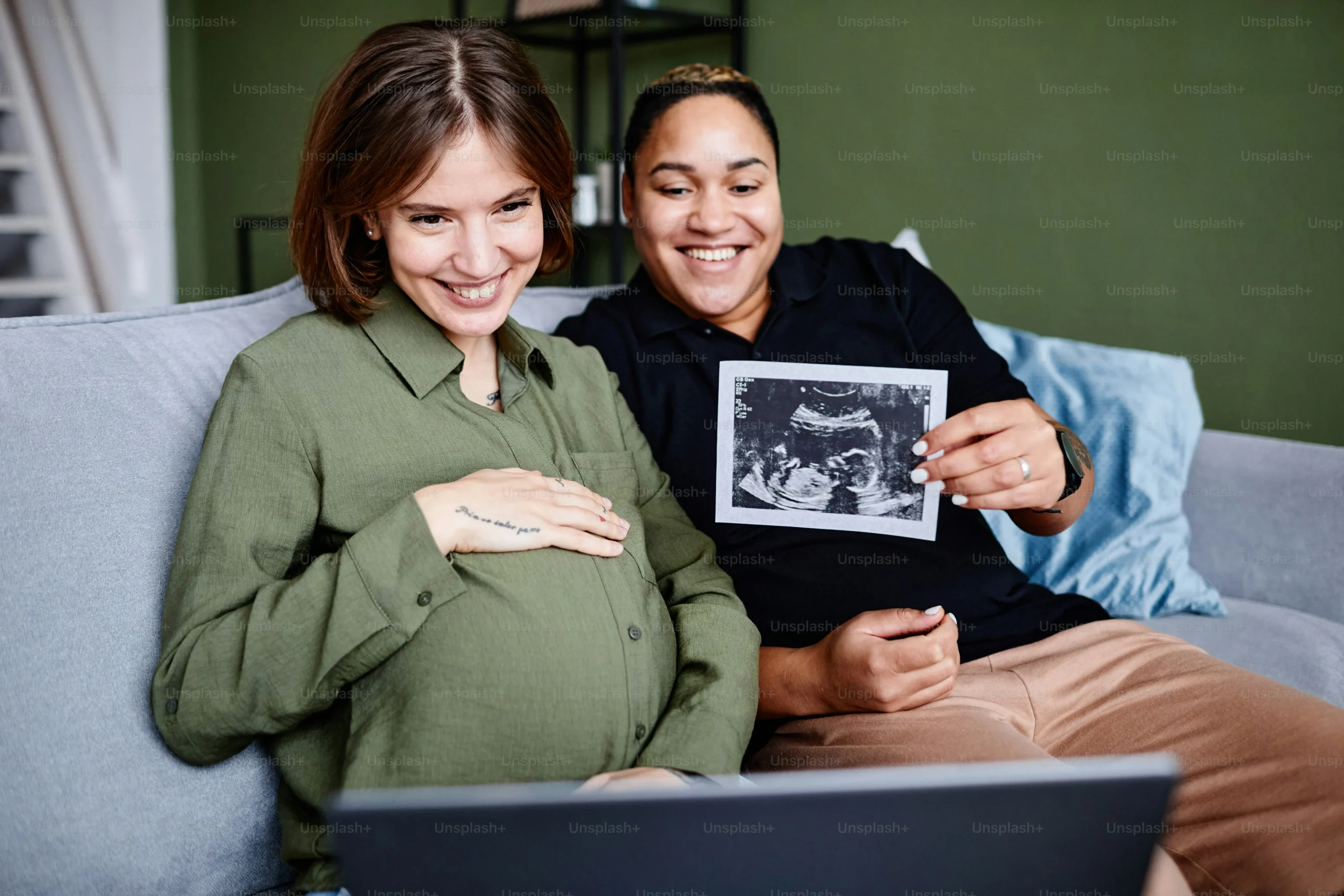What if tragedy strikes my only child? This haunting question, posed by a tipsy acquaintance at a holiday gathering, echoed my deepest fears. My partner, Mark, and I had been married for four years before we felt ready to expand our family. Five years later, it was still just the two of us. After enduring nearly a decade of heartbreak from miscarriages and treatments, we finally welcomed our gorgeous baby girl, Lily, with her soft curls and radiant skin.
Just one year later, I received a life-altering diagnosis—Cushing’s syndrome. My doctor informed me that I would require surgery to remove a macroadenoma from my pituitary gland, and that I would never again be able to carry a child. In that moment, I went into overdrive convincing myself that I was okay with this. At 34, after everything we had been through to have Lily, I thought I would be fine. The doctor assured me that the surgery would help me shed the 30 pounds I had gained during my pregnancy and that I would never have to deal with Aunt Flo again. I told myself it was a fair trade.
But then, during a dinner party shortly after my diagnosis, the conversation took a turn. When asked when we might have another baby, I smiled and said, “We are truly blessed with Lily.” Then came the unexpected: “What if something happens to her?” The words hung in the air, and I stood there, utterly speechless. Her husband, sensing my discomfort, quickly whisked her away.
On the drive home, I shared the incident with Mark. True to his protective nature, he was furious, ready to confront my acquaintance. But I turned the conversation serious: “What would we do if something happened to her?”
Mark dismissed it, attributing her comment to too many martinis. “It’s just a silly question,” he said. But to me, it resonated deeply. What if something did happen to our precious Lily? How would we cope? Would we grow closer together or drift apart? Our life before her arrival had been lovely—filled with travel and laughter. But life after Lily was immeasurably better, and the thought of losing her was unbearable.
The following months were challenging. Anytime we ventured out, I feared a car accident. I devised elaborate escape plans whenever we crossed bridges or approached train tracks. I became a bit of a helicopter parent, though I hid it well—so well, in fact, that Mark had no idea. For him, it was a closed issue. That woman had said something thoughtless, and her husband had taken us out to dinner as an apology. For me, though, the specter of loss lingered.
Reflecting on it now, I wonder if all parents grapple with this fear. Do parents with multiple children find their worries dissipating, or do those concerns simply multiply? I’ll never know, but as I watch my daughter grow more confident, I find solace in her newfound awareness of danger—she no longer thinks she can fly off the roof!
Now at five years old, it’s still impossible to envision a world without her. How am I doing? Well, I still drive cautiously, as Mark likes to point out, and I sniff-test everything she eats. Yet, the panic has faded, replaced by a profound joy. I am grateful for my miracle, especially before losing my pituitary gland, and I cherish every moment with her. I may never have the answer to that terrifying question, and I pray I never will.
For those navigating similar fears or considering paths to parenthood, resources like this article provide invaluable insights. If you’re curious about home insemination options, you can explore this at-home insemination kit that offers a comprehensive solution. And for more on parenting and family planning, check out this blog for engaging content.
In summary, the worries of parenthood can be overwhelming, but embracing the joy of having a child can transform those fears into gratitude and love.
